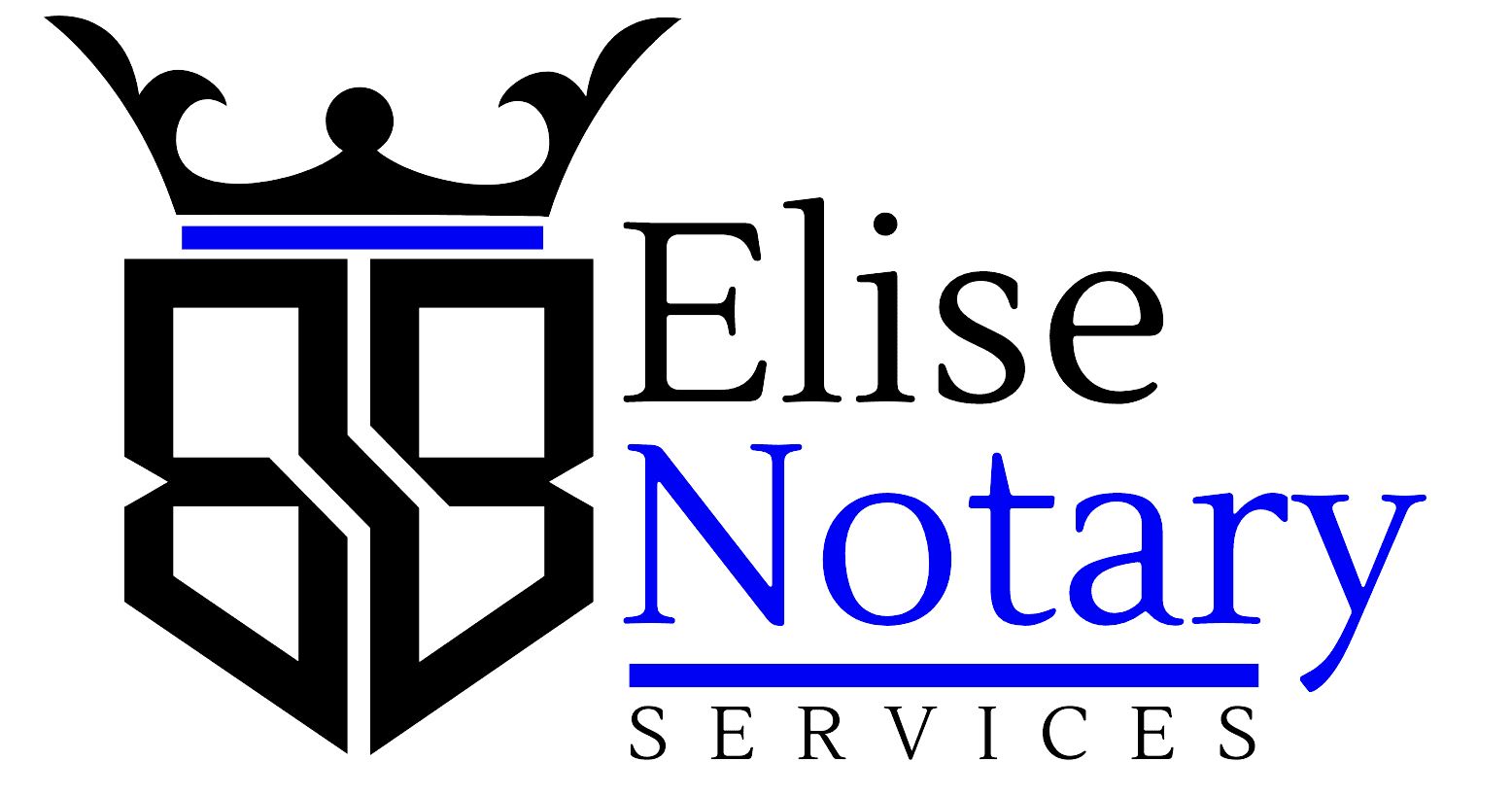Why the Notary Journal is Crucial for Your Notarization—and Why You May Be Asked to Sign It

When you get a document notarized, the notary may ask you to sign their notary journal. If you’re unfamiliar with the process, you might wonder why this step is necessary and what purpose the journal serves. Let’s dive into why the notary journal is such a critical tool and why you’ll often be asked to sign it every time you participate in a notarization.
What is a Notary Journal?
A notary journal is a record-keeping tool that helps notaries track all of the notarizations they perform. It contains key details about each transaction, including the date, the type of document being notarized, the signer’s name, the method of identification, and the signer’s signature.
While not all states require notaries to keep a journal, many notaries maintain one as a best practice, even if it’s not mandatory. It provides a written log of every notarization, ensuring there is a clear, traceable record of each transaction.
Why Notaries Ask for Your Signature
You may be wondering, why does my signature need to be in the notary’s journal when I’m already signing the document that’s being notarized? There are several important reasons for this:
Fraud Prevention
The notary journal serves as a safeguard against fraud. By signing the journal, you provide an additional layer of authentication. If any disputes arise in the future, your signature in the notary’s log acts as proof that you were present and willingly signed the document.Establishing a Record of the Transaction
The journal keeps an accurate and detailed record of every notarization, creating a timeline of events. Should questions arise about the document later—whether it’s about the signing date, your identity, or the notary’s actions—the journal provides a comprehensive record to refer to.Protecting All Parties Involved
Both the notary and the signer are protected by the use of a notary journal. For signers, it ensures that there’s a formal log of your actions, adding transparency and accountability to the process. For the notary, it helps safeguard against legal claims by showing that they followed proper procedures.Legal Requirements
In some states, notaries are legally required to keep a journal and ask for your signature. If you’re in a state with this requirement, signing the journal is non-negotiable. Even in states where it’s not required by law, many notaries follow this best practice for extra peace of mind.
What Information Is Typically Recorded in the Journal?
In addition to your signature, a notary’s journal will usually include:
- The date and time of the notarization.
- A brief description of the document (such as a deed, affidavit, or power of attorney).
- The type of notarization performed (acknowledgment, jurat, etc.).
- The signer’s name and any witnesses.
- The type of ID used for verification (such as a driver’s license or passport).
- The location of the notarization, if required.
This record provides a snapshot of the notarization and ensures a thorough trail for future reference, if needed.
The Importance of Signing the Journal
Signing the notary journal may feel like an extra step, but it’s an essential one. It not only proves that the transaction took place, but it also affirms that the signer willingly participated in the process. In the rare case of a dispute or legal challenge, the journal becomes a crucial piece of evidence that protects all parties involved.
For example, if a document is later contested in court, the notary can use the journal to demonstrate that they properly verified your identity and that you willingly signed the document. Without this critical record, proving the validity of the notarization could be much more difficult.
Notary Journals and Online Notarization
Even in the world of online notarization, a form of the notary journal still exists, though it may be digital. During online notarizations, the notary keeps an electronic log of the transaction, often accompanied by a video recording of the session. This digital journal serves the same purpose as a physical one—keeping a detailed record of every transaction to protect both the signer and the notary.
Final Thoughts: It’s All About Trust
At its core, notarization is about trust and authenticity. The notary journal enhances both by providing an accurate and reliable record of the transaction. When you're asked to sign the journal, remember that it's a key part of the process that helps verify your identity, document your consent, and protect everyone involved.
So the next time a notary asks you to sign their journal, know that it’s not just a formality—it’s an essential step in ensuring the integrity and security of your notarized document.


